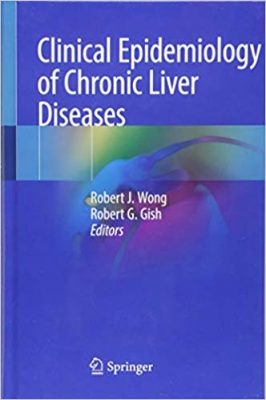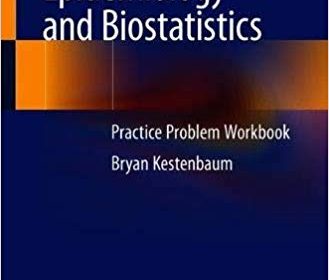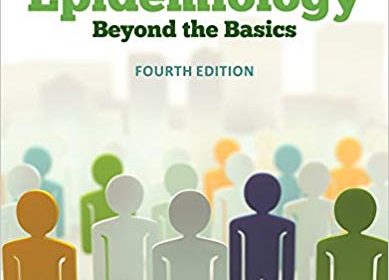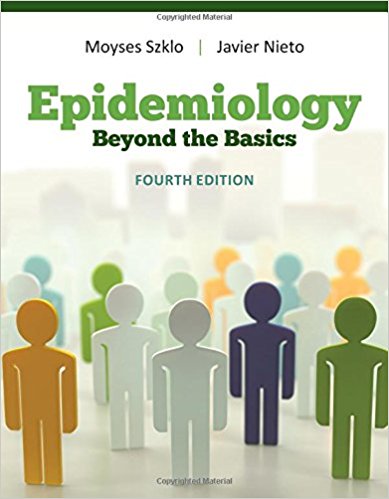Essential Public Health: Theory and Practice 3rd Edition
How can society most effectively prevent disease and promote health and wellbeing? That is the challenge addressed by this textbook. This new edition equips readers with a toolkit of key public health skills and approaches to improve health and wellbeing for different populations. It considers how to tackle perennial public health challenges, effectively address the wider determinants of health, navigate health systems and engage in partnership working. Fully updated with contemporary examples, this new edition includes new content on sustainability and climate change, global health, leadership and management, mechanisms for measuring health and healthcare, addressing inequalities and promoting inclusivity. Essential reading for all those training and working in healthcare, social care and related disciplines, this book also shines a light on the work undertaken during the COVID-19 pandemic by those working in public health. Online material includes supplementary information and interactive, self-assessment questions to test understanding and aid learning.



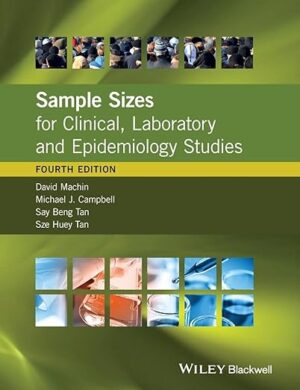
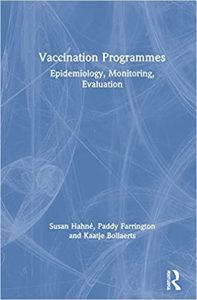 Vaccination programmes are of vital importance to public health and are present in virtually every country in the world. By promoting an understanding of the diverse effects of vaccination programmes, this textbook discusses how epidemiologic methods can be used to study, in real life, their impacts, benefits and risks.
Vaccination programmes are of vital importance to public health and are present in virtually every country in the world. By promoting an understanding of the diverse effects of vaccination programmes, this textbook discusses how epidemiologic methods can be used to study, in real life, their impacts, benefits and risks.